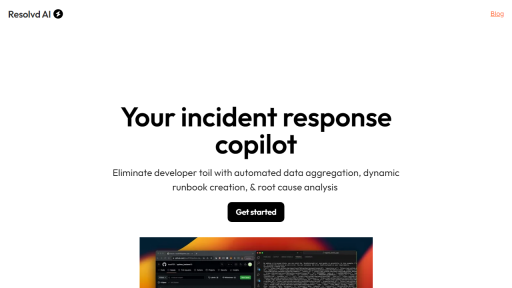What is Checksum?
Checksum is a powerful tool designed for verifying the integrity of data through the use of cryptographic hash functions. At its core, Checksum computes a unique fixed-size string, known as a hash value or checksum, based on the content of a file or data set. This hash value serves as a digital fingerprint, allowing users to confirm that the data has not been altered or compromised during transfer or storage. Checksums are widely used in various applications, including file downloads, data backups, and data integrity checks in both personal and enterprise environments. The tool supports multiple hashing algorithms, such as MD5, SHA-1, and SHA-256, providing flexibility depending on the user’s security needs. By comparing the computed checksum of a file against a known, trusted checksum, users can quickly identify any discrepancies that may indicate corruption or tampering. Overall, Checksum is an essential utility for anyone who handles sensitive data, ensuring that files remain intact and trustworthy throughout their lifecycle.
Features
- Support for multiple hashing algorithms including MD5, SHA-1, and SHA-256.
- User-friendly interface that simplifies the checksum computation process.
- Batch processing capabilities to compute checksums for multiple files simultaneously.
- Option to generate checksums for entire directories, enhancing data verification for large projects.
- Integration with cloud storage services for seamless file verification post-upload.
Advantages
- Ensures data integrity by detecting any changes or corruption in files.
- Enhances security by providing a method to verify that files have not been tampered with.
- Saves time and effort with batch processing, allowing users to check multiple files at once.
- Compatible with various operating systems, making it versatile for different users.
- Facilitates compliance with data protection regulations by maintaining data integrity logs.
TL;DR
Checksum is a data integrity verification tool that computes hash values to ensure files remain unchanged and secure.
FAQs
What is a checksum?
A checksum is a value computed from a data set that serves as a unique identifier; it helps verify the integrity of the data by detecting errors or alterations.
How does Checksum ensure data integrity?
Checksum ensures data integrity by calculating a hash value for a file and comparing it to a known good hash to identify any discrepancies.
Can Checksum process multiple files at once?
Yes, Checksum supports batch processing, allowing users to compute checksums for multiple files simultaneously, saving time and effort.
Is Checksum compatible with cloud storage?
Yes, Checksum can integrate with cloud storage services, enabling users to verify the integrity of files after uploading them to the cloud.
What hashing algorithms does Checksum support?
Checksum supports multiple hashing algorithms, including MD5, SHA-1, and SHA-256, to cater to different security needs.









